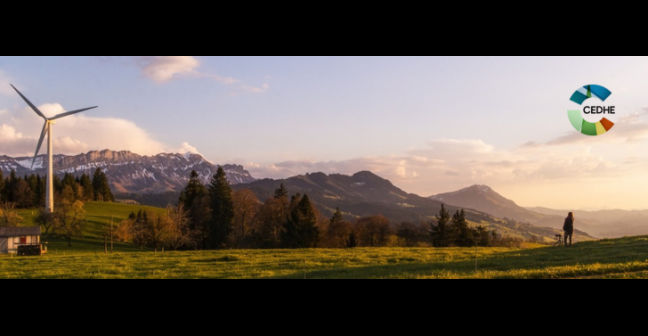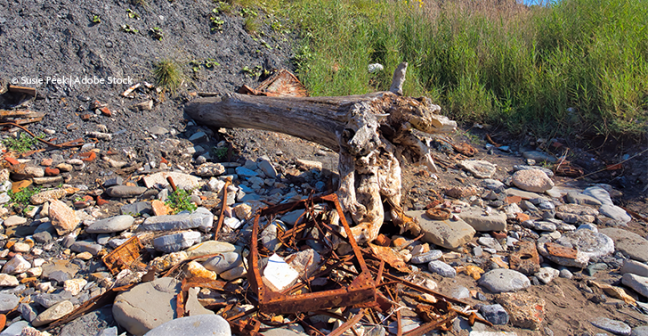Researchers, professionals and members of the IES team provide in depth analysis of news stories, topical issues and emerging science.
On the 23rd May, the Community for Environmental Disciplines in Higher Education (CEDHE), hosted their annual forum: Innovating Environmental Science Education.
The forum shared a vision for optimism, evidence and skills based on the IES Future of ES23 project, Transforming the...







